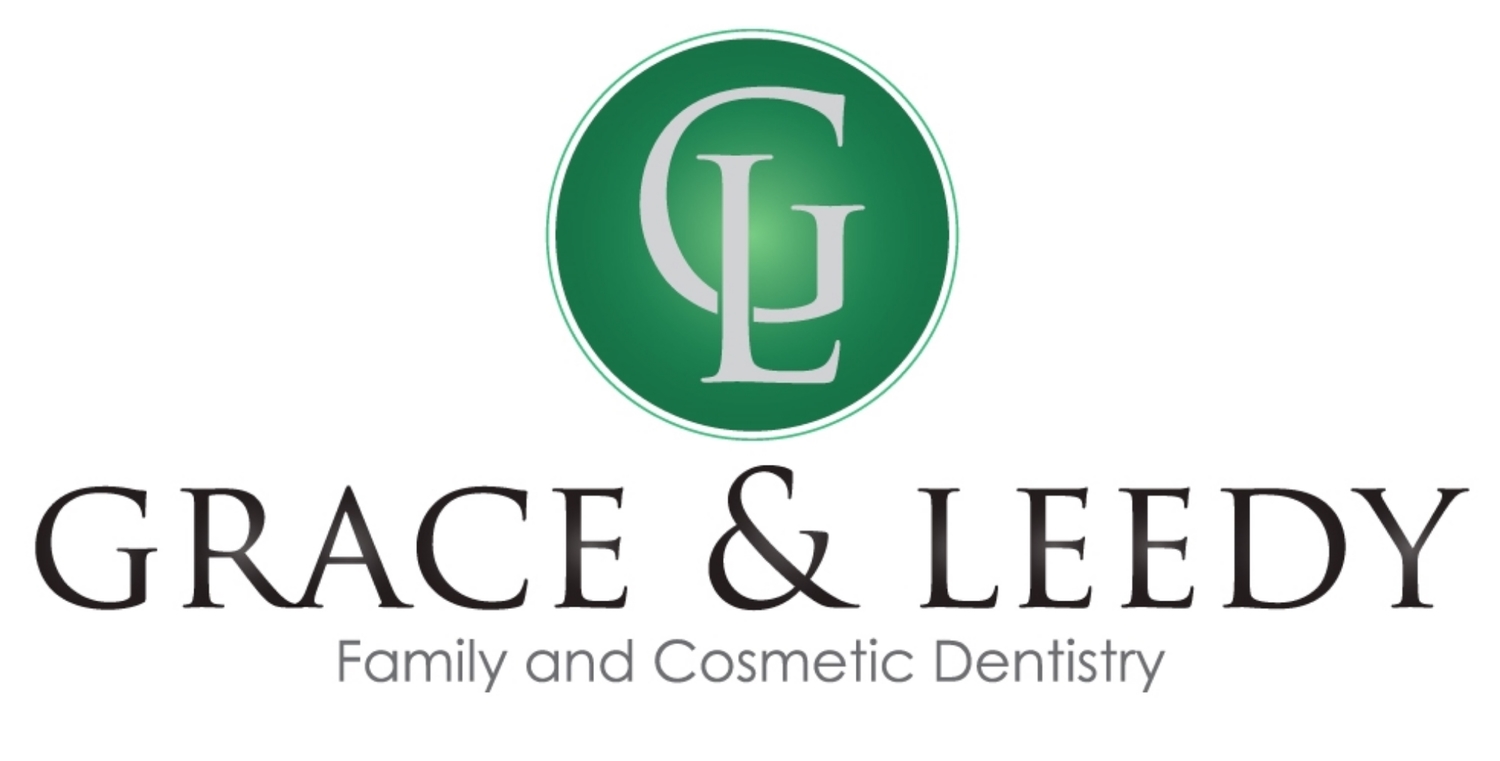The fall season is host to a variety of fun activities from corn mazes and hay rides to falling leaves and bon fires. Unfortunately for some people, fall also represents an increase in seasonal allergy symptoms. For those that suffer from seasonal allergies, symptoms can range from annoying to down right excruciating. Believe it or not, seasonal allergies can also effect your overall dental health. So as the leaves fall from green to amber this year, let’s look at how seasonal allergies may be impacting your oral health.
Seasonal Allergies
Let’s stop for a second to look at the basics of seasonal allergies. The CDC estimates 50 million people suffer from allergies each year. This means roughly 1/6 of the US experiences some form of seasonal allergies each year. The basic symptoms range from sneezing and a runny nose to watery eyes and an itchy throat. Believe it or not, seasonal allergies can cause a lack of concentration or “brain fog” when symptoms are substantial. Surprisingly, seasonal allergies can even impact your dental health when left untreated.
How Allergies Affect Your Teeth
A seasonal allergy flare up, either minor or major, can have an impact on both how your teeth feel and your overall oral health. Let’s briefly look at the different ways allergies can effect your teeth.
MOUTH BREATHING / DRY MOUTH
Often seasonal allergies end up plugging your nose, be it one or both nostrils. While this feeling itself is unpleasant and can lead to a runny nose and sinus pressure, it also forces most allergy sufferers to breath through their mouth. The problem with breathing from your mouth, either when awake or asleep, is it upsets the delicate balance inside.
Your mouth needs adequate moisture to function properly, and breathing continuously from your mouth robs it of moisture. Teeth in turn suffer as well. This is because they need moisture to fight harmful bacteria and keep your teeth healthy. When allergies create chronic dry mouth symptoms, this can cause an increase in bacteria growth, which in turn leads to plaque buildup and tooth decay.
TOOTH ACHES AND PAINS
Those who suffer from allergies can tell you that at times it feels like there is added pressure on their nose, cheeks and even teeth. This is because mucus builds up in the sinus cavities located around your nose and mouth. As they become full, they apply pressure to other areas around them, including the roots of your teeth. This in turn creates an aching sensation in one or more areas of your teeth. While this sensation itself can be annoying and mildly unsettling, it can also mask more severe toothache sensations, or even cause some patients to get used to a dull ache that could actually be more severe tooth decay.
BAD BREATH
Another lesser side effect that comes with seasonal allergies is that of a sore throat. Since the sinuses are filled with mucus during an allergy attack, areas like the throat can become irritated as mucus is released or “drips” into the throat passages. Since this irritation upsets the natural balance of the throat, it can become dry and infected with bacteria just like your teeth. As the bacteria grows, it creates gasses as a byproduct, which in turn creates bad breath. Those who suffer from chronic allergy attacks may find they have bad breath even when regularly brushing and flossing.
Treatment Options
There are several measures you can take to reduce or alleviate both the symptoms of seasonal allergies and the effects they have on your teeth. The first and most obvious is to find a seasonal allergy medication that works for you. While this can be difficult as some medicines increase drowsiness (and dry mouth, which we covered earlier), it’s best to try different treatments to see which has the smallest impact on your daily routine. If you find over the counter medications don’t help, you can ask your doctor for prescription solutions.
At the same time, there are many simple things you can do to reduce allergy symptoms and the impact on your teeth. First off, it is important to stay hydrated, whether or not you have allergy symptoms. This will help your teeth stay healthy and help your body process allergy medications if you take them. Keeping a clean house including dusting and shampooing carpets with anti-allergen solutions will also help reduce symptoms. Finally, a trick all allergy sufferers should use is that of gargling salt water. This can help break up mucus in the throat and reduce symptoms of a sore throat.
Your Dentist Can Help
You don’t have to suffer in silence if you experience significant seasonal allergies. Those who find allergies impacting their day to day life and the health of their teeth are wise to tell their dentist about the issues they are experiencing. This will help your dentist plot a proper course of treatment and ensure that no serious dental issues are contributing to the pain or discomfort that comes with seasonal allergies. Grace & Leedy Family Dentistry is experienced in working with patients who struggle with allergies. Contact us today to learn more.



